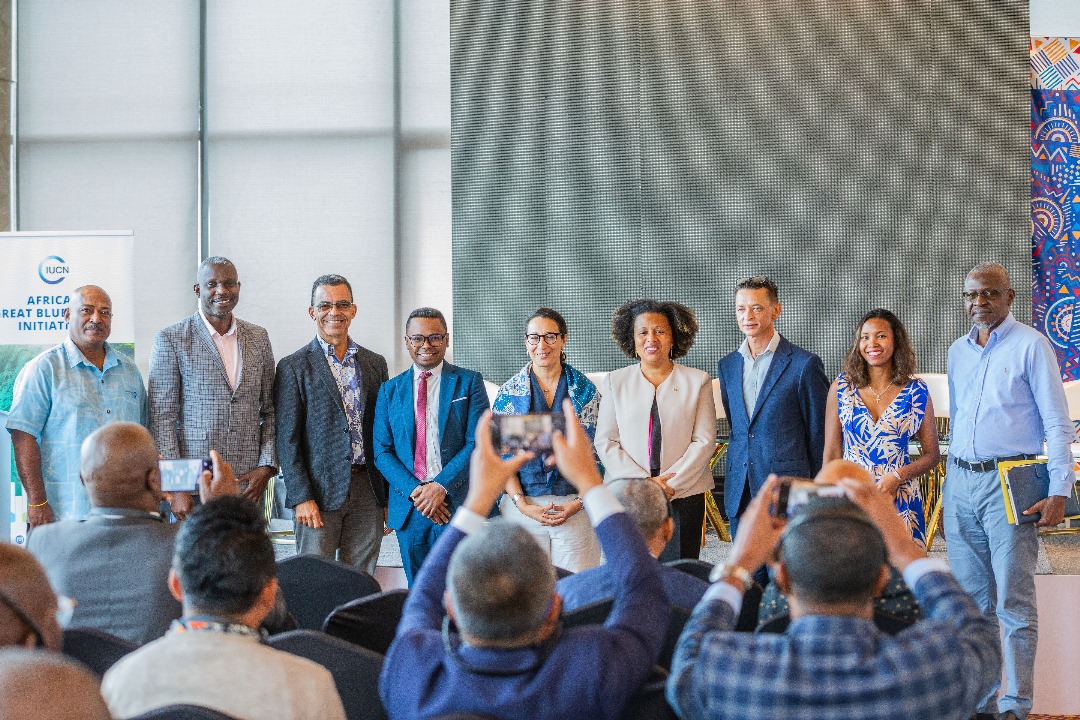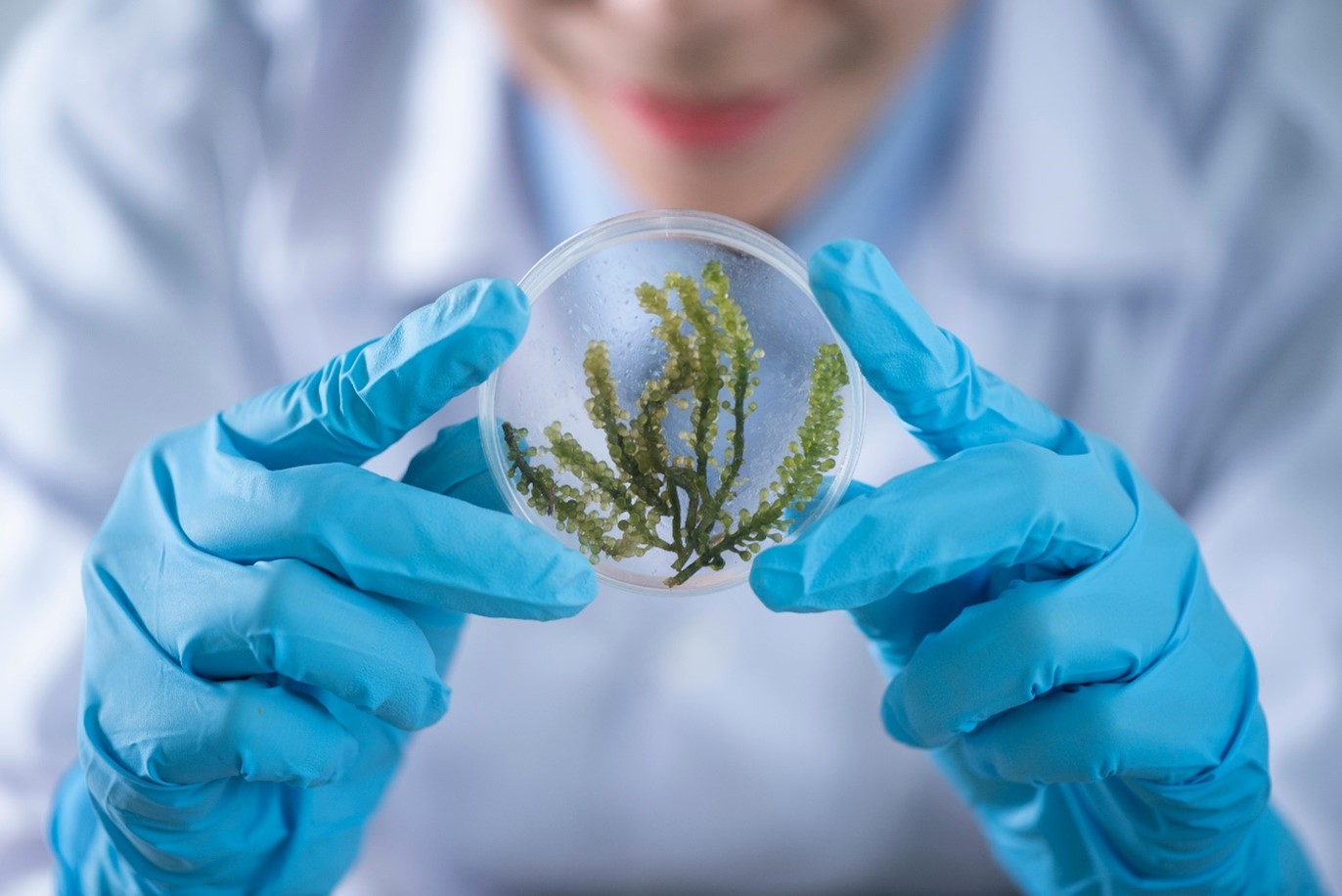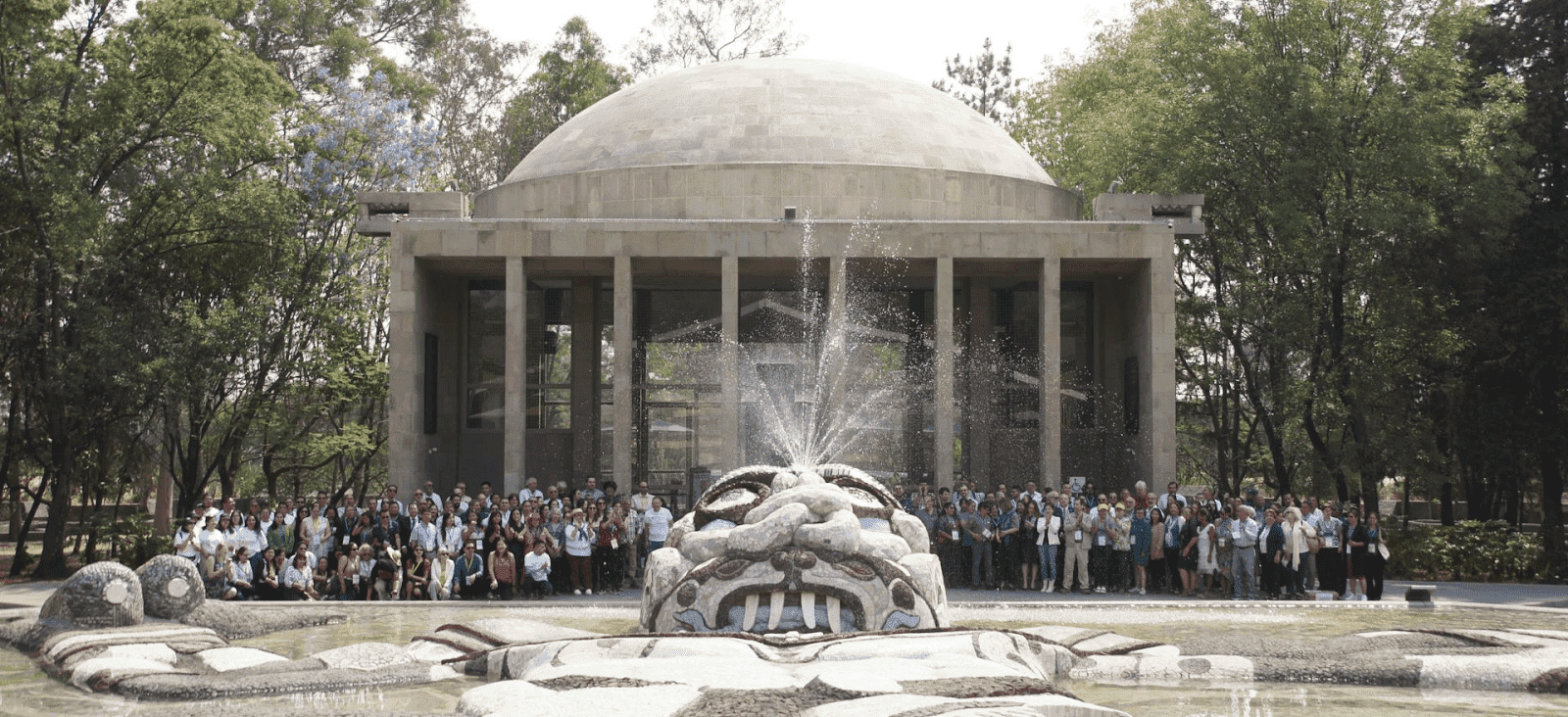Green Skills to Bridge the Boundaries Between Ideas
As the UN International Youth Day approaches, the author reflects on essential skills for a sustainable future. Recognizing that prejudice is neither helpful nor constructive, the author emphasizes the importance of fostering openness to diverse ideas. These qualities empower youth as effective changemakers in the fight against climate change.
Politics and national boundaries can create divisions and hinder international cooperation on critical issues like combating climate change. In addition, valuable ideas for combating climate change may be overlooked merely due to entrenched skepticism towards certain countries. To bridge the distance between good ideas globally, youth must act on transcending political and cultural barriers.
Furthermore, online information and social media platforms can perpetuate biased and inaccurate portrayals of nations and their people. The "echo chamber" effect, where individuals are exposed only to information that aligns with their beliefs, can further exacerbate existing biases. Only when youth are open to ideas across the globe, can they become effective changemakers in combating major global issues, such as climate change, in the future. This will be crucial when they stand as the leaders of tomorrow.
As “Green Skills for Youth” United Nations International Youth Day 2023 approaches, I took time to reflect on the necessary skills I believe youth should have to contribute towards a sustainable future world. I believe that the uninhibited flow of good ideas is central to a future that is just and in harmony with nature. I think that fostering an inclusive mindset that can find the best ideas is key. According to the Organisation for Economic Co-operation and Development (OECD) Green Growth Studies, green skills are, “knowledge, abilities, values, and attitudes needed to live in, develop and support a sustainable and resource-efficient society.”1 I prioritize cultivating the ability to read critically, acquiring in-depth knowledge, and embracing the protection of nature as the cornerstones of my discussion. I will discuss why these skills are important in the flow of ideas, which will in turn contribute toward the fight against climate change.
Firstly, youth need the ability to read critically. When it comes to online reading, youth should be critical consumers of information to allow for a nuanced view of a particular country. When trying to understand a country and its narrative, youth should read from a diverse range of sources, avoiding limitations to a single news outlet or a particular country of origin.
Secondly, youth need to dive into deep reading so as to acquire in-depth knowledge. That means spending a significant proportion of time learning about a topic or idea. In an era where information is being fed to us in tiny bits like popcorn, easily consumed but not necessarily nutritious, having the attention span for deep reading is increasingly rare. Despite its difficulty, deep reading remains crucial to persist in our efforts. In the long run, deep reading gives us knowledge on which we can base our analysis. Being well-versed in issues would confer us the ability to filter out the best ideas we can adapt to live in harmony with nature.
Thirdly, embracing the protection of nature should be in the youth’s core value set. The ability to appreciate nature is vital to fighting climate change. This can sometimes include unplugging from the online world and spending more time with nature, which helps youth to gain a deeper appreciation for the environment and the interconnectedness of global ecosystems. This personal connection to nature can inspire a stronger commitment to combatting climate change and nurturing a sense of shared responsibility for the planet.
In sum, I believe the aforementioned skills enable youth to discern common stereotypes associated with countries. Our prejudice is neither helpful nor constructive in facilitating knowledge transfer globally. However, if we have any hope of combating climate change, we must have the ability to harness the best ideas.
1 OECD/Cedefop (2014). Greener Skills and Jobs. OECD Green Growth Studies, OECD Publishing.
Disclaimer
Opinions expressed in posts featured on any Crossroads or other blogs and in related comments are those of the authors and do not necessarily reflect the opinions of IUCN or a consensus of its Member organisations.
IUCN moderates comments and reserves the right to remove posts that are deemed inappropriate, commercial in nature or unrelated to blog posts.



